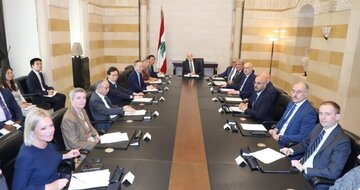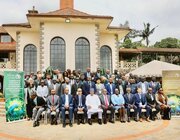The General Assembly resumed its 10th emergency special session on the issue of Israeli actions in occupied East Jerusalem and the rest of the Occupied Palestinian Territory. Palestine introduced a draft resolution that demands an end to the occupation within one year, which Member States are expected to vote on at 11am (New York time) on Thursday.






















